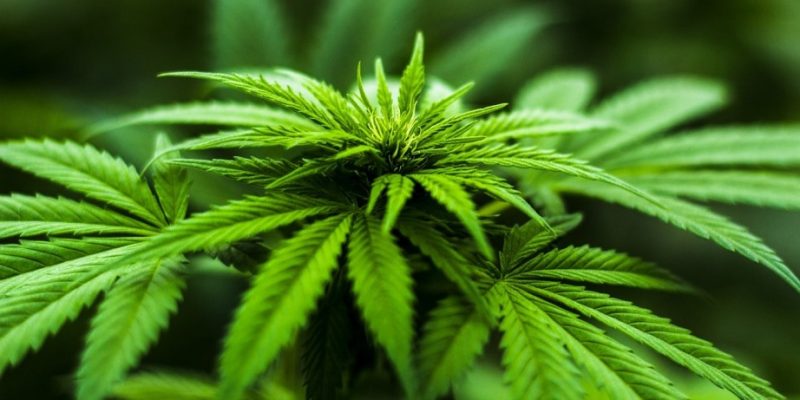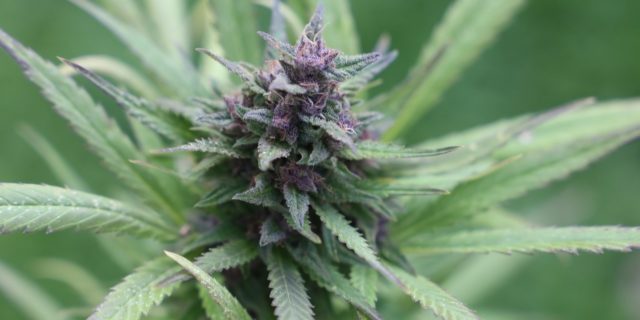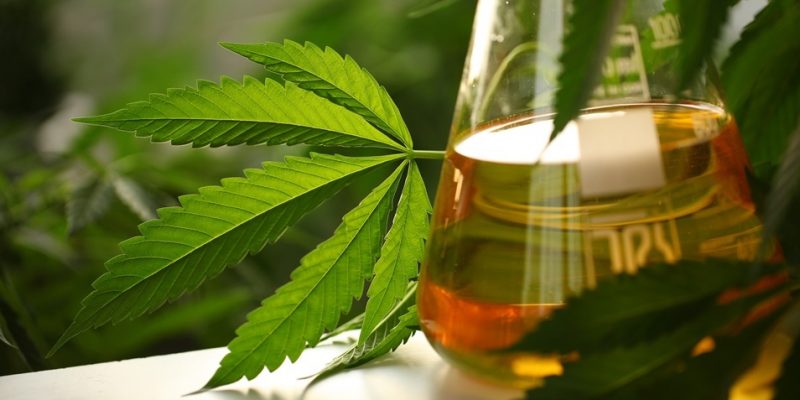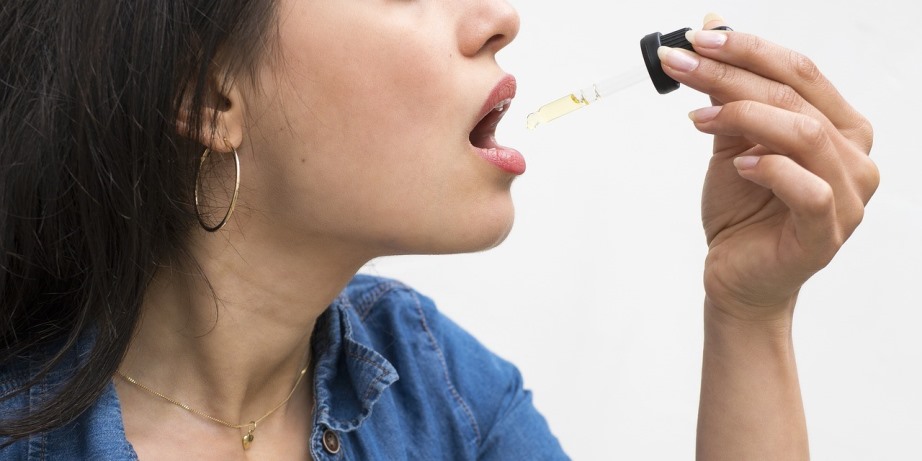
CBD oil, the full name being Cannabidiol oil, is an ingredient found in the Cannabis plant (also called Marijuana plant). CBD is a non-intoxicating, non-psychoactive component (which means that one doesn’t get high from it), in contrast to the well-known THC component (an abbreviation for Tetrahydrocannabinol) in Cannabis.
CBD Extraction and Production
CBD oil is typically produced by extracting the CBD ingredient from the Cannabis plant (from the flowers, leaves, and stems), while afterwards diluting it with a carrier or base oil, such as Coconut oil, Olive oil, Orange oil, Avocado oil, or Hemp seed oil.
The extraction may be carried out by so-called CO2 extraction, Alcohol extraction (Ethanol), or an Oil infusion extraction. Mind that the production and/or use of CBD oil may be an illegal activity depending on the country or certain states within a country.
There are basically three types of CBD oil:
- Full-Spectrum CBD oil, which contains all composites of the Cannabis plant, including a low level of THC;
- Broad-Spectrum CBD oil, which contains several ingredients but not THC;
- Isolate CBD oil, which contains only CBD.
CBD Oil Applications and Benefits

The oil is typically used as a cure or alleviation for a broad range of common discomforts and ailments, such as chronic pains (for example nerve and back pains), stress, anxiety, skin conditions, sleep problems (insomnia), lack of appetite, multiple sclerosis (MS), arthritis, inflammations, some mental health disorders, addictions, high blood pressure, digestive issues, poor blood circulation, depression, epilepsy, seizures, nightmares, muscle cramps and spasms, nausea, vomiting, and a weak immune system response.
The way CBD oil can be applied varies widely. It may be used topically, such as is the case in CBD Massage or with body care products (creams, balms, or lotions), but it can also be taken orally, such as via drinks, drops, sprays, tinctures, dietary supplements (for instance, in the form of capsules), and foods, or via patches and vapes.
CBD oil is also increasingly popular to use for pets, usually in the form of drops (directly dropped in the mouth or massaged in the skin), or as an ingredients in treats (foods).
CBD Oil Risks and Side Effects
Much research has been done on CBD (and is still being done), and although it’s clear that there are certain health benefits, it’s difficult to know what dose should be taken by an individual person to engage in an appropriate treatment for specific health conditions. Moreover, one should also take into account which other medication is already being used, because CBD oil may interact adversely in combination with other drugs.
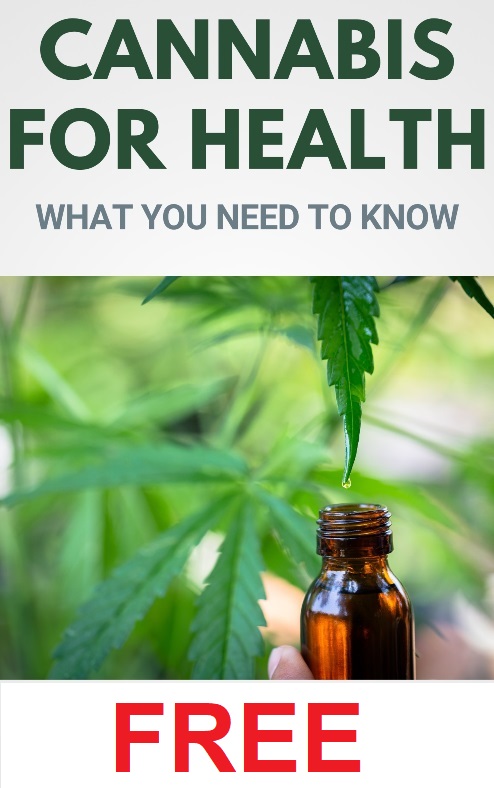
Additionally, the quality of CBD oil, such as the percentage of CBD (and THC), its origin, way of cultivation, the type of cannabis variety, the extraction and dilution process, testing methods, the type of base oil used, and purity, may influence the results of a treatment.
Although using CBD oil usually don’t give problems, it is possible to experience a variety of side effects, and in some cases it can be outright detrimental for one’s health.
Reported side effects include nausea, fatigue, dry mouth, blood thinning, irritability, gastrointestinal problems, diarrhea, reduced appetite, drowsiness, memory problems, and different behavior or mood.
CBD shouldn’t be used in combination with alcohol or other (recreational) drugs either. More serious, structural effects may include liver damage, and a reduction in fertility.
And finally, pregnant women or those who are breastfeeding are advised not to use CBD oil, because CBD may affect the nervous development of the fetus.








